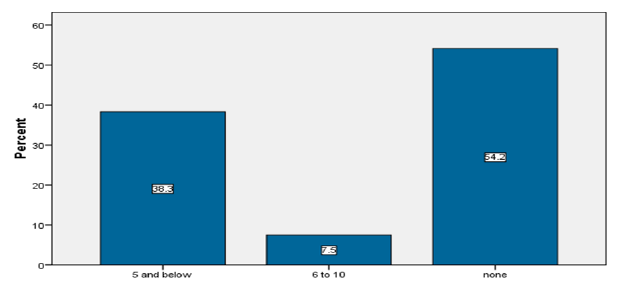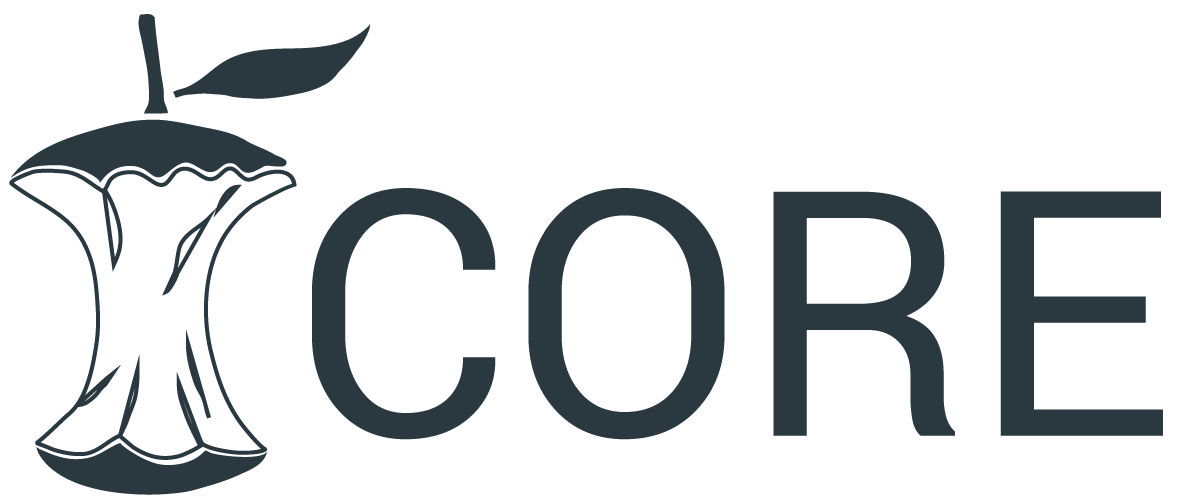Factors Influencing Employers’ Reluctance to Hire Differently Abled People in Lusaka’s Selected Private Companies
DOI:
https://doi.org/10.5281/zenodo.11159928Keywords:
differently-abled persons, employers, factors, hire, influencing, private company, reluctantAbstract
The exclusion of persons with disabilities from economic activities does not only impact negatively the individuals and their families but also the entire nation. As such, it is essential to ensure that all persons, including persons with disabilities, have equal opportunities to become productive and contributing members of their societies to ensure poverty reduction and equitable development. The study aimed to investigate attributive factors to employers’ reluctance to hire differently-abled people in selected private companies in Lusaka. Specific objectives were: to investigate factors attributed to employers’ reluctance to hire persons with disability and to investigate the challenges persons with disabilities encounter when searching for employment. A mixed-method study design was adopted. The study had a total sample size of one-hundred and sixty-three (163). This included one hundred and nineteen (119) employers from the private sector, thirty-five (35) persons with disability, and nine (9) actors/representatives for various associations. Simple random and snowball sampling techniques were used to select 119 employers. Non-probability sampling techniques: convenience and judgment were used to select 35 persons with disability and nine actors. Mixed questions questionnaires were administered to employers; semi-structured interviews were held with actors and five focus group discussions were conducted with differently-abled people. Additionally, data was analyzed using Microsoft Excel and through the identification of common themes and codes. Findings of the research show that employers cited high job demands, lack of employable skills, and unawareness of the law among others to be factors influencing their reluctance to hire persons with disabilities. On the other hand, differently abled persons mentioned negative attitudes, inaccessible physical buildings, lack of formal qualifications or skills, weak laws and lack of support from family members as major barriers they encounter when searching for employment. Recommendations given are: Bridge the disconnection, intensify awareness campaigns, and highlight success stories.
Downloads
References
Act. (2012). Act of 2012 for Persons with disabilities, s.l.: s.n.
Colella, A. J., & Bruyère, S. M. (2011). Disability and employment: New directions for industrial and organizational psychology. In S. Zedeck (Ed.), APA handbook of industrial and organizational psychology, 1. Building and Developing the Organization, pp. 473–503. American Psychological Association. https://doi.org/10.1037/12169-015.
Burke Jana, Jill L., Bezyak, & Robert Fraser. (2013). Employers' attitudes towards hiring and retaining people with disabilities: A review of the literature. Available at: https://www.researchgate.net/publication/259433480_Employers'_Attitudes_Towards_Hiring_and_Retaining_People_with_Disabilities_A_Review_of_the_Literature.
Central Statistic Office. (2012). National disability survey. Available at: https://www.unicef.org/zambia/media/1141/file/Zambia-disability-survey-2015.pdf.
Grosch. (2012). The political power of disability. Available at: https://innovationinpolitics.eu/actnow/blog/the-political-power-of-disability/.
Handicapped International. (2019). The situation of wage employment. Available at: https://www.hi-us.org/sn_uploads/document/EmploymentWhitePaper-WEB_Dec2.pdf.
Hanga Karin, Diana M, Dinitto Jean P., & Wilken. (2015). Promoting employment among people with disabilities: Challenges and solutions. Journal of Social Work and Social Sciences Review, 18(1), 31-51.
Kaye H., Stephen, Lita Jans, & Erica C. Jones. (2011). Why don't employers hire and retain persons with disabilities?. Journal of Occupational Rehabilitation, 21(4),526-36.
Juyoung Lee, & Won H. Kim. (2020). Factors for employment of women with disabilities in South Korea. Journal of Evidence-Based Social Work, 64(1).
Tiun Leng Ta, & Leng Khoo Sueut. (2013). Challenges faced by malaysians with disabilities in the world of employment. Disability CBR & Inclusive Development, 24(1).
MacDonald Wilson, Kim, & Fabian Ellen. (2008). Best practices in developing reasonable accommodation in the workplace: findings based on the research literature. Available at: https://diginole.lib.fsu.edu/islandora/object/fsu%3A829968.
Mansour Mourad. (2009). Employers’ attitudes and concerns about the employment of disabled people. Available at: https://www.researchgate.net/publication/228359971_Employers'_Attitudes_and_Concerns_about_the_Employment_of_Disabled_People.
Perućica R. (2018). Employment of people with disabilities in the public and private sector. Journal of Sociology and Anthropology, 6(5), 459-468.
Pratt L. (2018). HRD connect. Available at: https://www.hrdconnect.com/2018/10/16/the-benefits-of-disability-diversity-in-the-workplace/.
United Nations. (2018). Disability and development report. Available at: https://www.un-ilibrary.org/search?value1=United+Nations+Department+of+Economic+and+Social+Affairs&option1=author&noRedirect=true.
Vinz Sarah. (2022). What is a theoretical framework?. Available at: https://www.scribbr.com/author/sarah/.
We Forum. (2021). We forum. Available at: https://www.weforum.org/agenda/2021/07/digital-technology-workforce-disabled-people/. [Accessed 25 March 2024].
World Health Organisation. (2011). World report on disability. Available at: https://www.who.int/teams/noncommunicable-diseases/sensory-functions-disability-and-rehabilitation/world-report-on-disability.
Zambia Agency for Persons with Disabilities. (2017). Strategic plan 2017-2021. Available at: https://www.un.org/development/desa/disabilities/wp-content/uploads/sites/15/2019/10/Zambia_DISABILITY-STRATEGIC-PLAN-2017-2021.pdf.

Downloads
Published
How to Cite
Issue
Section
License
Copyright (c) 2024 Annie Nachivula

This work is licensed under a Creative Commons Attribution 4.0 International License.
Research Articles in 'Management Journal for Advanced Research' are Open Access articles published under the Creative Commons CC BY License Creative Commons Attribution 4.0 International License http://creativecommons.org/licenses/by/4.0/. This license allows you to share – copy and redistribute the material in any medium or format. Adapt – remix, transform, and build upon the material for any purpose, even commercially.









